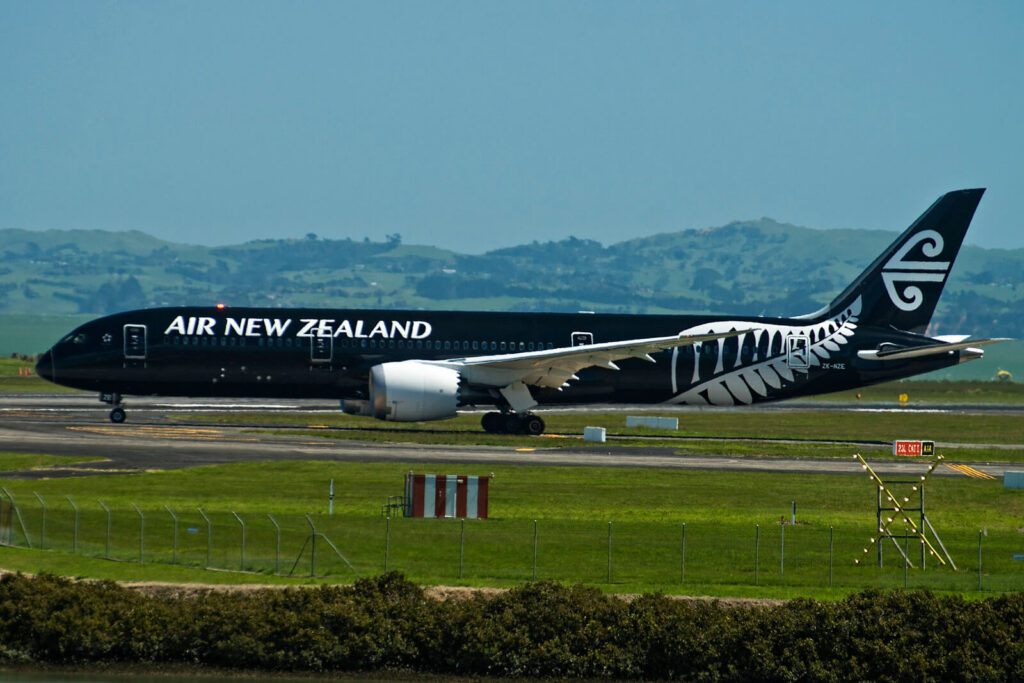An Air New Zealand flight en route to Shanghai turned back and landed at the departing airport on February 9, 2019. Now, three days later, the occurrence is still causing a stir, as the reported reason behind the comeback taps into a highly sensitive political issue: allegedly, the plane was turned away because its paperwork contained a reference to Taiwan.
Air New Zealand flight NZ 289 took off from Auckland (AKL) on February 9, 2019. The plane, Boeing 787-9 Dreamliner (ZK-NZQ), was en route to Shanghai (PVG). However, several hours into the flight, it turned around and came back to land safely at Auckland, New Zealand, flightradar24 data shows.
The reason behind the turn around is the fact, that the Dreamliner “did not have regulatory approval to land in China and was required to return to Auckland,” Air New Zealand has reportedly explained to passengers.
#NZ289 #China #aviation https://t.co/uPH9Q9YEVN
— Steve Herman (@W7VOA) February 9, 2019
The airline received the aircraft at the end of September 2018 and was previously employed on routes between New Zealand and Singapore, the United States and Australia.
However, a publication by Stuff explains further that “multiple sources” claim “paperwork for the Air NZ flight 289, which returned to Auckland after several hours in the air included reference to Taiwan which China took to be an acknowledgement that the island was independent”.
Reuters points out that all – the airline, New Zealand government and Chinese authorities – claim the return was to do with “some administrative issue”. Nevertheless, the incident still drew political controversy.
The political issue(s)
The “five and a half hours to nowhere” flight, as one unhappy passenger has called it on social media, on a one hand, is perceived as a sign of the increasingly weakening political relationship between New Zealand and China. On another hand, this would not be the first time Taiwan-China question is causing a massive headache for airlines.
In February 2018, the Chinese government had instructed airlines to review their website references, and remove any material that identified Taiwan, Macau and Hong Kong as independent regions – a demand that was reiterated to 44 international carriers in a letter.
Airlines were given a July 2018 deadline to comply, otherwise risking to face “disciplinary actions”. The Taiwanese government responded by condemning the letter and calling the action as “crude attempts to coerce foreign airlines to “downgrade Taiwan’s status”. Nevertheless, affected carriers widely chose to either comply, or find a creative solution to the problem.

